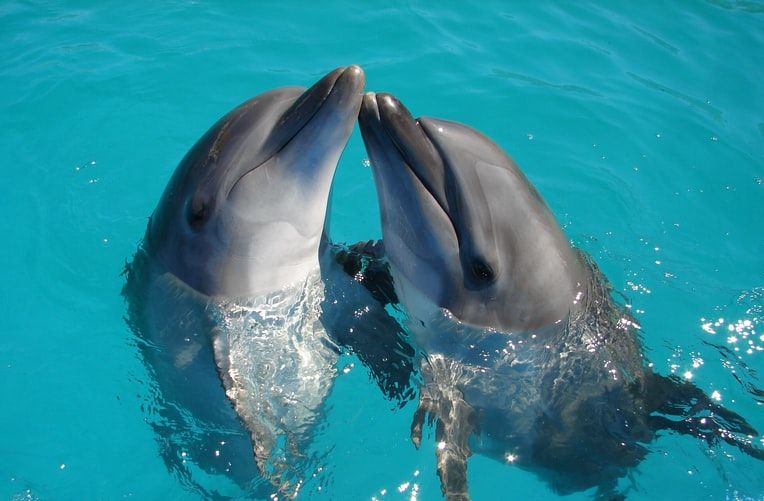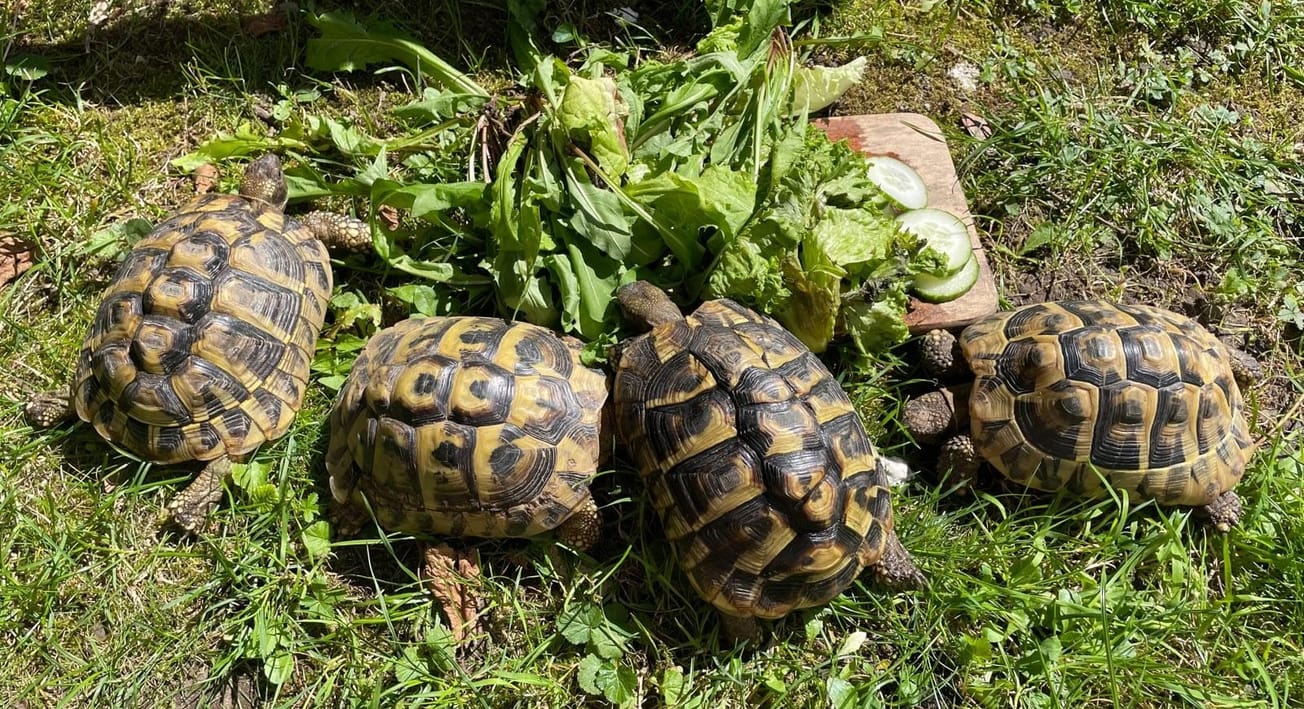By Matthew Jackson, First Year, Biology
Latest Bristol research reveals that dolphins can remember past acquaintances and are more likely to respond to their distress calls than unfamiliar dolphins.
Dolphins, much like humans, are intelligent and social creatures who naturally form social groups called pods. For female bottlenose dolphins, these pods are formed based on relatedness, similar to the way humans exist in families. Male dolphins however, were previously believed to form open groups with a number of changing members for mating purposes and to fight off other males.
So what has changed? The most recent study, led by Bristol researcher Dr Stephanie King, showed that within these male pods, individuals will be more likely to react to the distress call of another dolphin if it has worked cooperatively with the responder in the past. It seems ‘helping out your mates’ is a concept that is not limited to those who walk on land.
This suggests that dolphins have associative concept learning: where they associate the distress whistle of a dolphin with the individual and their investment into past tasks, not just showing blind loyalty to the pod. For example, if a dolphin is less helpful in the fighting of other males, then others will be slower in responding to his calls for help in future.
‘Helping out your mates’ is a concept that is not limited to those who walk on land
The study was conducted by playing back distress calls of certain male dolphins to the pods and observing their reaction via the footage of a drone flying overhead. Watched back, the observations show that loyalty transcends the pods, with some male dolphins responding fast to males that they rarely interact with if the individual had responded to their own distress calls in the past .
How does this compare to other mammals? Other mammalian social groups are usually classified by kinship and lineal rank (e.g., Alpha and Beta members in wolf packs). However, bats have been shown to undergo a similar behaviour in playback studies, with individuals responding faster to partners who have previously shared food. Yet this was purely on the off chance of some food for survival, unlike dolphins who would put themselves in danger for another’s distress call.
‘Seaspiracy’ illuminates the dark side of ‘sustainable fishing’
Keeping a social distANTS
The research done by Dr King outlines that our previous understanding of dolphin pods didn’t take into account the social bonding or the past success history of the individual. It seems humans are not the only ones with unwavering friendships and favours to repay.
Featured Image: Unsplash/Ranae Smith
How similar do you think our brains are to dolphins?







